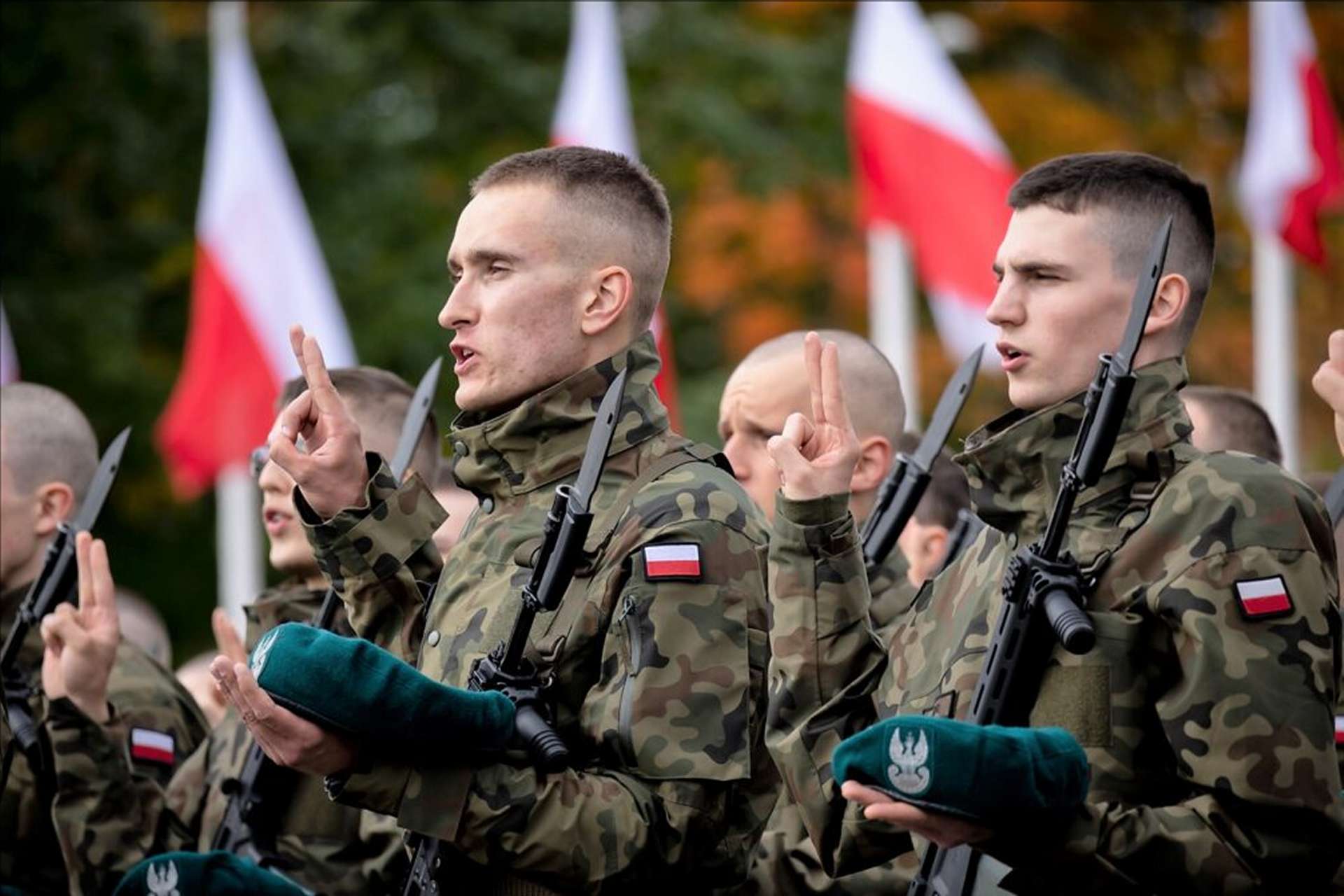Poland's Plan to Strengthen Military Reserves
Poland's Prime Minister, Donald Tusk, has announced an ambitious plan to train 100,000 volunteers in military preparedness every year, starting in 2027. This initiative aims to build a robust army of reservists as concerns over national security grow, especially in light of Russia's continued aggression in Ukraine.
Government Officials to Undergo Military Training
As part of this initiative, Tusk has also mandated that Cabinet ministers and other government officials participate in military training. According to him, this decision has been met with full support and understanding among his team. The move highlights the seriousness of the situation and sets an example for citizens to follow.
Poland’s Expanding Military Goals
Last week, Tusk revealed an even more ambitious target—Poland needs an army of 500,000 soldiers. This number is more than double the current military personnel. The planned increase includes not only full-time professional soldiers but also reservists and members of Poland’s territorial defense force.
Why Poland is Taking These Steps
Poland, a NATO member, has been on high alert due to escalating tensions in Eastern Europe. The ongoing Russian invasion of Ukraine, frequent missile and drone attacks, and geopolitical uncertainty have made military preparedness a top priority.
Additionally, Poland is reacting to political developments in the United States. With NATO’s future commitments being debated, particularly by the Trump administration, Poland is taking proactive measures to ensure its own security.
Voluntary Military Training for Polish Men
The Prime Minister has also shared plans to introduce military training for all Polish men, though details are still being finalized. He remains confident that there will be no shortage of volunteers willing to participate in this national defense effort.
Current Size of the Polish Military
As of last year, Poland's military had around 200,000 soldiers. That number is expected to grow to 220,000 by the end of this year. The long-term objective is to expand the military to approximately 300,000 personnel, with a significant portion consisting of well-trained reservists.
Implications of the New Training Program
1. Strengthening National Defense
The primary goal of this initiative is to enhance Poland’s defensive capabilities. Having a well-trained reserve force ensures that Poland can respond effectively in case of a military conflict or security crisis.
2. Increasing NATO's Strength on the Eastern Flank
By bolstering its military, Poland strengthens NATO’s overall defense in Eastern Europe. This not only benefits Poland but also reassures neighboring countries facing similar threats.
3. Encouraging Civic Responsibility and Patriotism
Military training instills discipline, responsibility, and a sense of duty toward the country. Encouraging voluntary participation may also boost national unity in times of geopolitical uncertainty.
4. Boosting Poland’s Military Readiness
A large, well-trained reserve force ensures that Poland is prepared for various security challenges, including cyber threats, hybrid warfare, and conventional military attacks.
5. Economic and Social Considerations
While strengthening the military is crucial, training 100,000 reservists annually will require significant investment in infrastructure, training facilities, and personnel. The government will need to balance these costs with other national priorities.
How This Compares to Other Countries
- Finland: Has a strong reservist system where nearly all men undergo military service and remain part of the reserve force.
- Switzerland: Operates a mandatory military training program, ensuring that citizens remain prepared for national defense.
- South Korea: Requires mandatory military service, maintaining a well-trained population ready for emergencies.
- Israel: Implements a universal conscription policy with a focus on maintaining high readiness.
Poland’s approach appears to be a mix of voluntary service with a potential expansion into mandatory training. This flexible approach may encourage greater participation while avoiding opposition to compulsory service.
Practical Considerations for Volunteers
Who Can Join?
Although full details have yet to be released, it is expected that the training program will be open to all Polish men and possibly women who wish to contribute to national defense.
What Kind of Training Will Be Provided?
Training will likely include:
- Basic military drills and combat training
- Weapons handling and marksmanship
- First aid and battlefield survival skills
- Cybersecurity and modern warfare tactics
- Emergency response and crisis management
How Will It Impact Daily Life?
For volunteers, participating in military training may require taking time off from work or studies. The government may offer financial incentives, stipends, or tax benefits to encourage participation.
Public Reaction and Challenges
Support for the Initiative
Many Polish citizens, especially those concerned about security, may welcome this initiative. Strengthening the military is seen as a proactive step to safeguard national interests.
Potential Resistance
Some may question the financial burden of such a large-scale program. Others might worry about potential risks associated with militarization, especially if mandatory training is introduced.
Implementation Challenges
Key challenges include:
- Ensuring proper training facilities and equipment
- Recruiting qualified military instructors
- Balancing military expansion with economic growth
- Addressing concerns from neighboring countries about increased militarization
Final Thoughts
Poland’s decision to train 100,000 reservists annually is a bold step toward strengthening national defense. Given the current geopolitical climate, this move could enhance Poland’s security, increase NATO’s eastern strength, and ensure readiness for potential threats.
However, the success of this initiative will depend on its execution, public acceptance, and financial sustainability. As more details emerge, Poland will need to address logistical and economic challenges while ensuring that the program achieves its intended goals without unnecessary burdens on citizens.
Ultimately, this initiative underscores the importance of preparedness in uncertain times and highlights Poland’s commitment to safeguarding its sovereignty and stability.
Updated: March 12, 2025, 12:48 AM GMT+5:30



























0 Comments